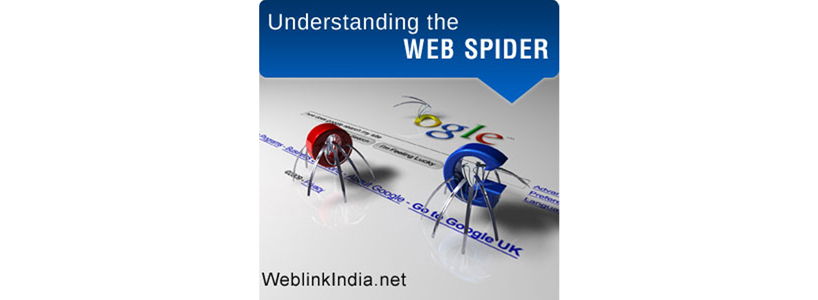The virtual world comes with its own set of rules and conventions with theprime focus of every website being the same that is to draw maximum traffic. This calls for the website to have optimum visibility and accessibility among the surfers through its frequent appearance on search engines. The target is achieved by a strategic process known as Search Engine Optimization (SEO).
SEO and Spider
In common language, SEO may be defined as a blend of a number of strategies and techniques aimed at improving a website's ranking by a search engine. SEO ensures that a website appears ahead of its rival websites whenever a related content is looked for on the web thus increasing the probability of being visited by more surfers.
Now, the question arises, how to assess a website on the SEO parameters. What are the governing factors that determine the optimization of a website? The solution to the query lies in Search Engine Simulators or commonly known as web spiders.
How Does Spider Work?
Search engine spiders are robots that primarily crawl the web and index pages stored in a database followed by the application of an algorithm to evaluate the page ranking and relevancy of the concerned website. The twist in the tale is that there are no hard and fast rules during the procedure and the algorithms used by different search engines may vary in different aspects. However, there are certain observable conventions to be kept in mind while designing and developing a website and these can certainly result in the higher indexing of the webpage.
What Does Spider See?
It would not be wrong to say that search engines have an aversion to Flashes, Javascript, Text embedded in images and frames. The web elements mentioned are not visible to spiders and thus do not have any favorable contribution towards the optimization of your website. More precisely, spiders can be termed as text browsers that ignore images and flashes and use text for the indexing purpose.
- Significance of Keywords The way the page appears to you may not be same as the way the spider traces it. Thus the placing and location of keyword becomes a foremost requirement for optimization. A standard web page with tables features a chronological order in which the navigation link appears first followed by other content specific element. Thus it is advisable to place the keywords in the starting paragraph as they have greater probability of being picked up than the ones in the middle or end.
- Suitable Hyperlinks Spiders are able to detect whether a particular hyperlink leads to a right place or not. It ignores fake links put by exchange websites. Same is the case with Javascript based menu that is ignored by spider as plain text so
tag should be used. Avoid stuffing the webpage with an array of hyperlinks.
Further, dynamic pages in websites are also not among the favorites of spiders though certain search engines pick them up. This is the way a search engine spider simulator analyses your website and eventually indexes it.

